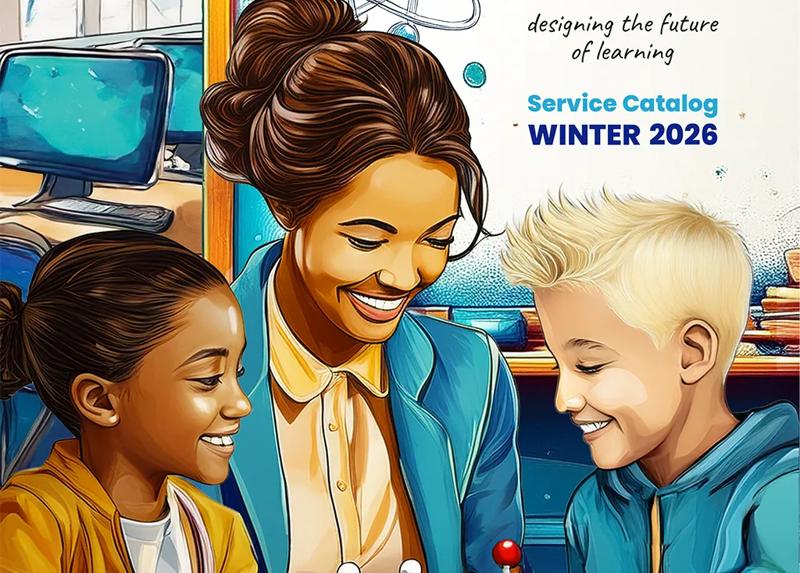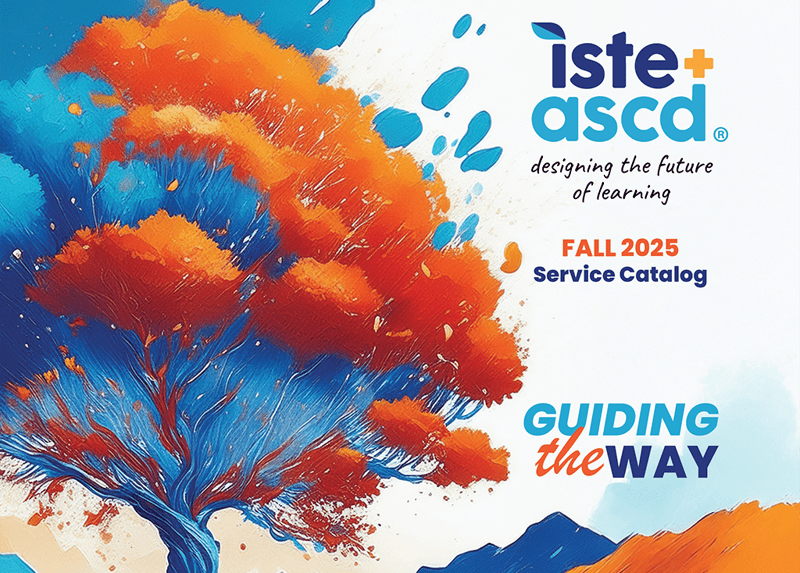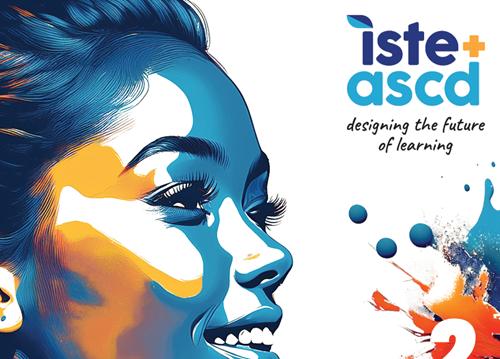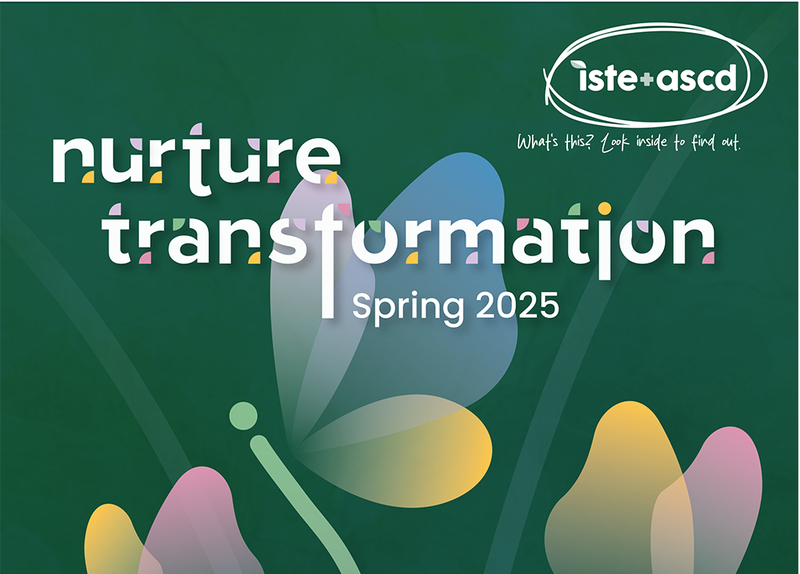Read, Watch & Listen to Top Educators
Accelerate your path with high-quality content that helps you reach new heights
Literacy in the Age of AI
March 1, 2026 | Volume 83 | Number 6
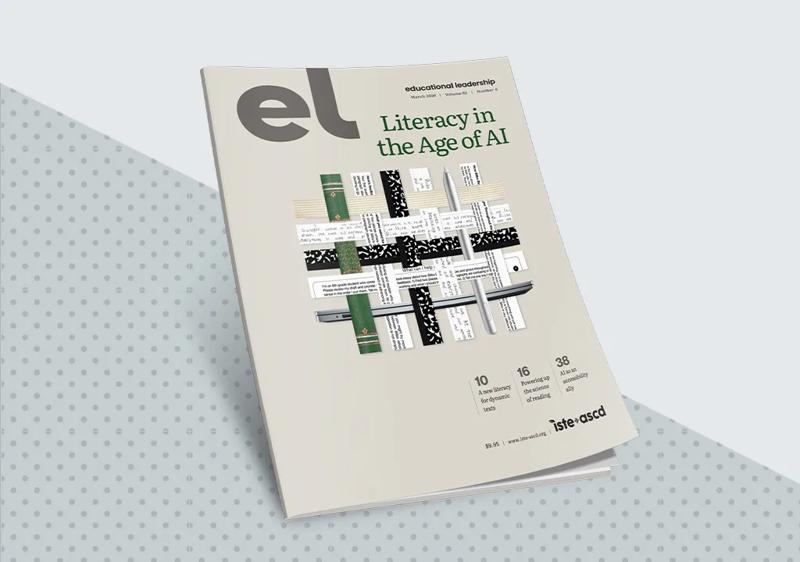

Latest from the ASCD Blog
Subscribe to ISTE+ASCD Newsletters
Get timely, solution-oriented articles and resources delivered directly to your inbox and tailored to your role.

Explore Popular Topics
Recent Catalogs
When you've misplaced your print copy or want to easily share a digital one.
When you've misplaced your print copy or want to easily share a digital one.


